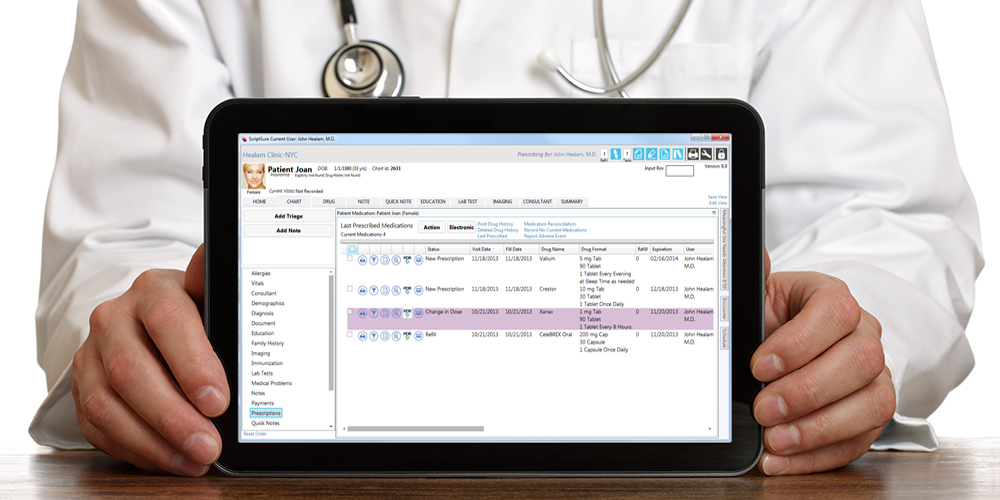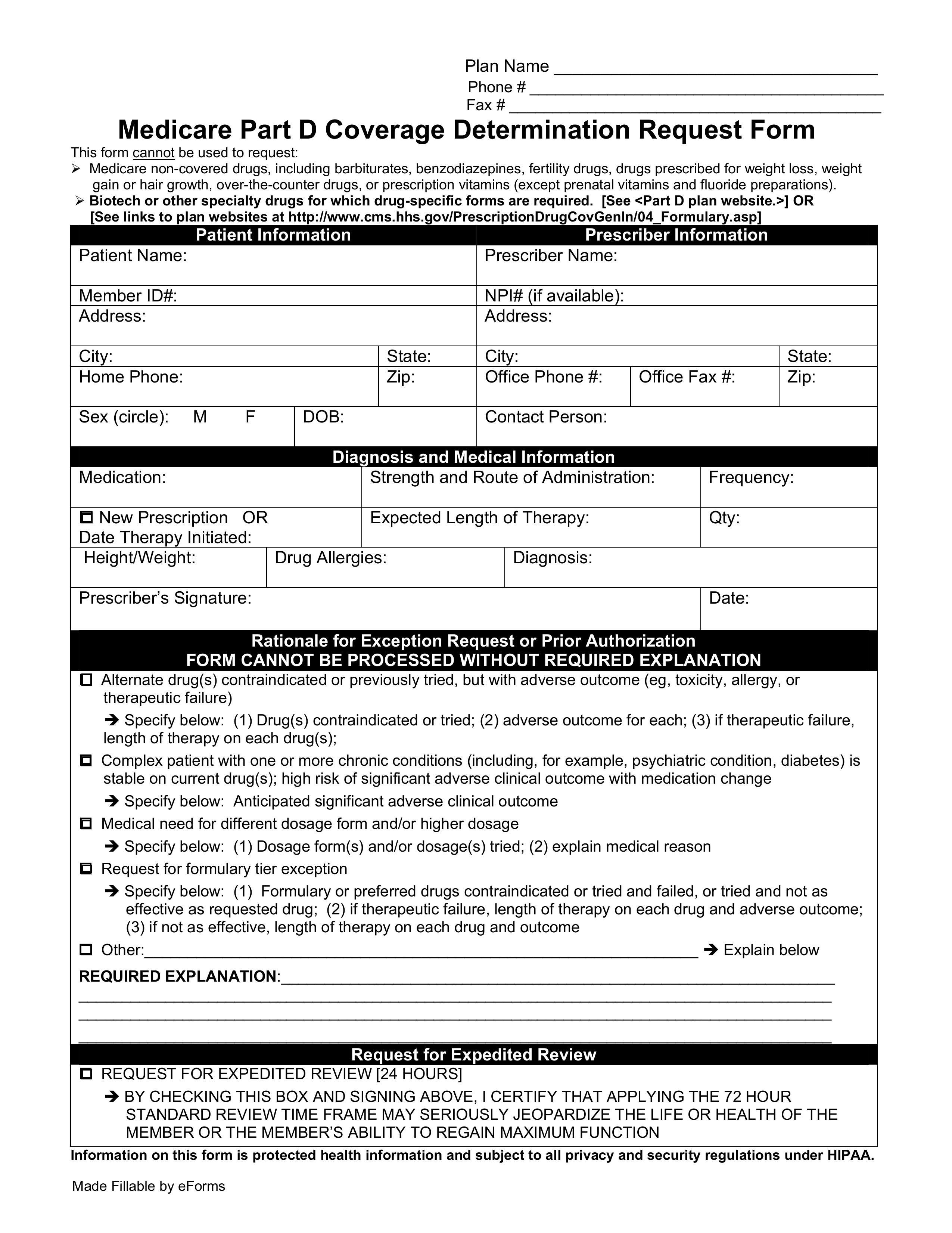
How do I request a repeat prescription?
You can request repeat prescriptions in writing or by using Patient Access. Unfortunately, NHS regulations don't allow us to routinely take repeat medication requests over the phone. If you aren't yet registered for patient access, you can use this online form .
Can I request repeat medication through patient access?
These items should not be requested through Patient Access. If you would like to request repeat medication, follow the steps below. S elect New request from the Medication requests section of the homepage. S elect Repeat Medication from the dashboard, then Request medication.
How do I make a medication request?
S elect New request from the Medication requests section of the homepage. S elect Repeat Medication from the dashboard, then Request medication. Select + to add the medication (s) you would like to request, or use Select all medications from the right-hand panel.
How do I confirm my prescription request has been sent?
Select Confirm request. Your prescription request has been sent. Still having a problem? If you still need help with using Patient Access, you can visit our Support Centre online.

What is a PAP in Texas?
The Patient Access Program, or PAP, allows a patient, the patient’s parent or legal guardian if the patient is a minor, or the patient’s legal guardian if the patient is an incapacitated person to receive a copy of the patient’s Texas Prescription Monitoring Program record.
How much does a cashier check cost?
A fee of $50 (cashier’s check or money order only). For requests submitted by a parent or legal guardian: A copy of the parent or legal guardian’s driver’s license or state identification card, A copy of the parent or legal guardian’s social security card, A copy of the patient’s social security card, A copy of the patient's birth certificate ...
Who must make a request for a syringe?
Requests must be made by the patient, the patient’s parent or legal guardian if the patient is a minor, or the patient’s legal guardian if the patient is an incapacitated person.
What information is available in my medical records?
Your medical records may contain a wealth of personal health information, including notes on your diagnosis, treatment, and follow-up care.
How do I request medical records from my healthcare provider?
There was a time when medical records were kept under lock and key in your provider’s office. Today, access is still guarded due to privacy laws, but there are more ways to get your hands on your records.
What to do if you find errors in your diagnosis?
If you find errors in a diagnosis or treatment plan, ask your provider to correct these mistakes as well. For example, if your records say you have Type 1 diabetes, but you’ve been diagnosed with Type 2 diabetes, you should ask your provider to correct the error.
How long does it take for a doctor to respond to a correction?
No matter how you send in your request, your provider typically has 60 days to respond.
What is the right to access medical records?
Per the Health Insurance Portability and Accountability Act (HIPAA), you have the right to request and access your medical records or private health information (PHI) — either on paper or electronically.
How long does it take to get a response from a denied request for records?
If your request for records access is denied, you should receive a written response — that also includes the basis for denial — within 30 calendar days (if there wasn’t an extension). In some cases (but not all), you can request to have the denial reviewed. If this is an option, the written response should explain how that process works.
How long does it take to get a copy of my medical records?
After you submit a request, your provider has 30 calendar days to give you access to your requested records. If they’re unable to meet this deadline, they’re required to notify you in writing and give a new date — but it shouldn’t take any longer than an additional 30 days.
How long does a covered entity have to respond to a HIPAA request?
Under the HIPAA Privacy Rule, a covered entity must act on an individual’s request for access no later than 30 calendar days after receipt of the request. If the covered entity is not able to act within this timeframe, the entity may have up to an additional 30 calendar days, as long as it provides the individual – within that initial 30-day period – with a written statement of the reasons for the delay and the date by which the entity will complete its action on the request. See 45 CFR 164.524 (b) (2).
How long does it take to get a PHI denied?
If the covered entity denies access, in whole or in part, to PHI requested by the individual, the covered entity must provide a denial in writing to the individual no later than within 30 calendar days of the request (or no later than within 60 calendar days if the covered entity notified the individual of an extension). See 45 CFR 164.524 (b) (2). The denial must be in plain language and describe the basis for denial; if applicable, the individual’s right to have the decision reviewed and how to request such a review; and how the individual may submit a complaint to the covered entity or the HHS Office for Civil Rights. See 45 CFR 164.524 (d).
What is the HIPAA Privacy Rule?
With limited exceptions, the HIPAA Privacy Rule (the Privacy Rule) provides individuals with a legal, enforceable right to see and receive copies upon request of the information in their medical and other health records maintained by their health care providers and health plans.
How long does it take to respond to a PHI request?
In providing access to the individual, a covered entity must provide access to the PHI requested, in whole, or in part (if certain access may be denied as explained below), no later than 30 calendar days from receiving the individual’s request. See 45 CFR 164.524 (b) (2). The 30 calendar days is an outer limit and covered entities are encouraged to respond as soon as possible. Indeed, a covered entity may have the capacity to provide individuals with almost instantaneous or very prompt electronic access to the PHI requested through personal health records, web portals, or similar electronic means. Further, individuals may reasonably expect a covered entity to be able to respond in a much faster timeframe when the covered entity is using health information technology in its day to day operations.
How long does it take to get access to a certified EHR?
While the Privacy Rule permits a covered entity to take up to 30 calendar days from receipt of a request to provide access (with one extension for up to an additional 30 calendar days when necessary), covered entities are strongly encouraged to provide individuals with access to their health information much sooner, and to take advantage of technologies that enable individuals to have faster or even immediate access to the information.
What is a covered entity?
A covered entity may include reasonable labor costs associated only with the: (1) labor for copying the PHI requested by the individual, whether in paper or electronic form; and (2) labor to prepare an explanation or summary of the PHI, if the individual in advance both chooses to receive an explanation or summary and agrees to the fee that may be charged .
Can a covered entity send a copy of a PHI?
The individual’s request to direct the PHI to another person must be in writing, signed by the individual, and clearly identify the designated person and where to send the PHI. A covered entity may accept an electronic copy of a signed request (e.g., PDF), as well as an electronically executed request (e.g., via a secure web portal) that includes an electronic signature. The same requirements for providing the PHI to the individual, such as the fee limitations and requirements for providing the PHI in the form and format and manner requested by the individual, apply when an individual directs that the PHI be sent to another person. See 45 CFR 164.524 (c) (3).
Can you repeat medication over the phone?
Unfortunately, NHS regulations don't allow us to routinely take repeat medication requests over the phone. If you aren't yet registered for patient access, you can use this online form .
Can you nominate a pharmacy yourself?
We now issue almost all pre scriptions electronically, directly to pharmacies. You can nominate a pharmacy yourself, using Patient Access, or let us know the chemist that you want your prescriptions sent to .
Who handles urgent prescriptions?
Requests for urgent prescriptions are dealt with individually by the duty GP - we'll take account of the circumstances and aim to deal with these in an appropriate time frame according to the urgency.
